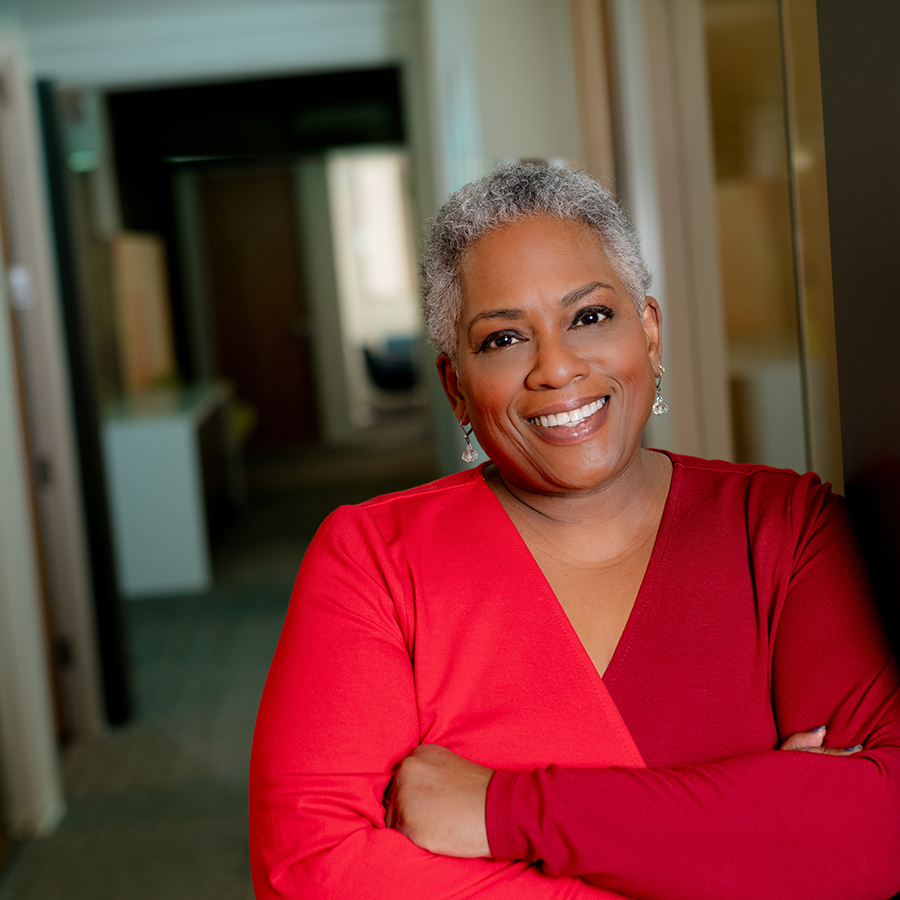Juneteenth was Freedom, Education is Power
Juneteenth is reminder that education is deeply intertwined with the legacy of slavery.

In 1904, Mary McLeod Bethune founded a school in Florida with $1.50, five little Black girls, and crates and boxes she used for desks. Despite facing immense challenges, the child of former enslaved parents understood that — for Black people to make progress — knowledge was power, and the key to unlocking limitless potential.
Juneteenth is reminder that education is deeply intertwined with the legacy of slavery. The liberation of the last enslaved African Americans in 1865 was not just about freeing Black people from physical bondage, but also about freeing minds such that the oppressors could no longer keep control and suppress resistance.
Unfortunately, more than a century and a half later, the progress toward education equity has been slow and uneven. First, we faced an oppressive “separate but equal” doctrine that gave credence to segregated schools that were underfunded, overcrowded, and supplied with inferior instructional materials. Then, the promise of “equity through integration” never materialized because of unwelcoming and threatening schooling environments, the firing of tens of thousands of Black educators, district gerrymandering, and more recently the push to teach history that is neither honest nor inclusive. And today, segregated schools have reappeared, manifested through the proliferation of vouchers now promised as “Education Savings Accounts” — first instituted in the 1950s and 1960s by Southern governors to thwart mandatory school desegregation — that drain much needed talent and funds from public schools.
As education equity advocates, we must continue to point to disparities such as school funding, access to rigorous and affirming coursework, and the presence of qualified diverse teachers and school leaders as reasons why equity and opportunity have been so elusive.
Let’s use the Juneteenth national holiday to advocate for a deepened understanding of the struggles faced by African Americans throughout history and the ways we can continue to work to create a more just society. Let’s also reflect on the resilience and determination of individuals — Black educators, lawmakers, and advocates — who, despite the headwinds, have fought to advance equity for all. Their legacies continue to inspire our efforts today.
I encourage you to engage in meaningful conversations and activities with family and friends that promote understanding, equity, and inclusion. With your time and money, consider supporting Black-owned businesses and organizations pushing for changes in our system of public education through advocacy, organizing, internships, mentorships, and scholarships for students from historically underserved communities.
Let’s be mindful not only of the progress we have made, but the work that still lies ahead, particularly in the current politically charged environment. The celebration of Juneteenth goes beyond a single day. Let it serve as a catalyst for future change as well.
As fierce advocates, our work tearing down the systemic barriers that block all students from getting the quality education they deserve, no matter their race or background, is more important now than ever.
Thank you for your relentless dedication to our mission. Thank you for championing equity and justice. Have a meaningful and joyous Juneteenth!